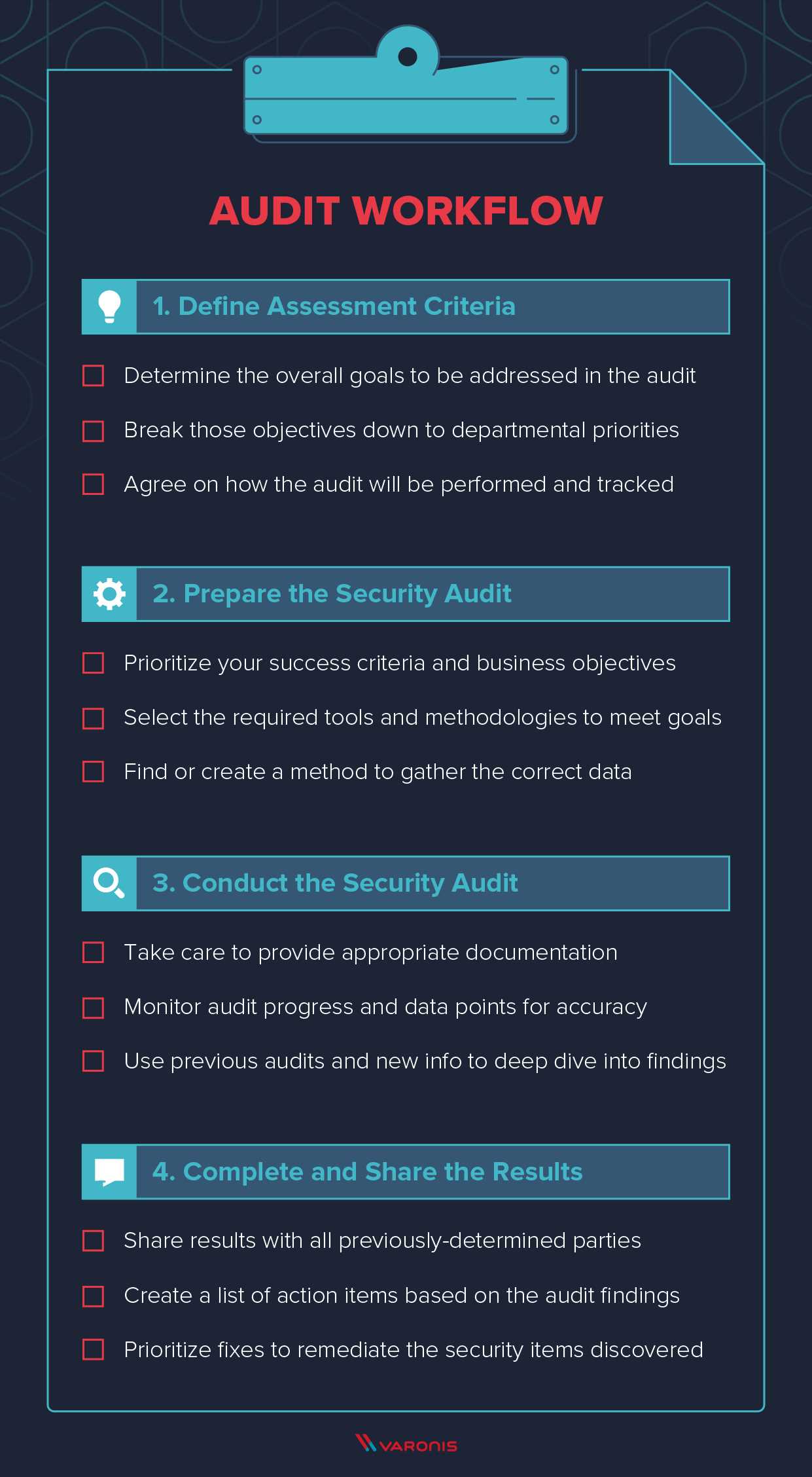Overview of Listed Securities
Listed securities are financial instruments that are traded on a stock exchange. They represent ownership or debt in a company or government entity. When a security is listed, it means that it has met certain requirements set by the exchange and can be bought and sold by investors.
Listing a security on an exchange has several benefits. First, it provides liquidity, meaning that investors can easily buy and sell the security. This allows investors to quickly convert their investments into cash if needed. Second, listing a security increases its visibility and credibility. Companies that are listed on a stock exchange are subject to regulatory oversight and must meet certain reporting requirements, which helps to build trust among investors. Finally, listing a security can also increase its value. When a security is listed, it becomes more accessible to a larger pool of investors, which can increase demand and drive up its price.
However, investing in listed securities also comes with risks. The value of a listed security can fluctuate based on market conditions and investor sentiment. There is also the risk of the company or government entity defaulting on its debt obligations, which can result in a loss of investment. It is important for investors to carefully consider these risks and conduct thorough research before investing in listed securities.
Types of Listed Securities
2. Bonds: Bonds are debt instruments issued by governments, municipalities, and corporations. When you buy a bond, you are essentially lending money to the issuer in exchange for regular interest payments and the return of the principal amount at maturity. Bonds are generally considered less risky than stocks but offer lower potential returns.
4. Mutual Funds: Mutual funds pool money from multiple investors to invest in a diversified portfolio of securities. They are managed by professional fund managers who make investment decisions on behalf of the investors. Mutual funds can provide access to a wide range of assets and investment strategies.
5. Options: Options are derivative contracts that give investors the right, but not the obligation, to buy or sell an underlying asset at a predetermined price within a specified time period. Options can be used for hedging, speculation, or income generation.
6. Futures: Futures contracts are agreements to buy or sell a specific asset at a predetermined price on a future date. They are commonly used by investors and traders to speculate on the price movements of commodities, currencies, and financial instruments.
7. Real Estate Investment Trusts (REITs): REITs are companies that own, operate, or finance income-generating real estate. By investing in REITs, investors can gain exposure to the real estate market without the need to directly own and manage properties.
Benefits of Investing in Listed Securities
Investing in listed securities can offer a range of benefits for individuals and institutions alike. Here are some key advantages:
| Diversification | Investing in listed securities allows investors to diversify their portfolios by spreading their investments across different companies and sectors. This helps to reduce the risk associated with investing in a single company or industry. |
| Liquidity | Listed securities are traded on stock exchanges, providing investors with the ability to buy and sell their holdings easily. This liquidity allows investors to quickly convert their investments into cash if needed. |
| Potential for Capital Appreciation | Listed securities have the potential to increase in value over time, allowing investors to benefit from capital appreciation. As companies grow and generate profits, the value of their securities may rise, resulting in potential gains for investors. |
| Income Generation | Many listed securities, such as stocks and bonds, provide investors with regular income in the form of dividends or interest payments. This can be particularly attractive for income-focused investors who rely on these payments for their financial needs. |
| Transparency | Listed securities are subject to regulatory requirements, such as financial reporting and disclosure obligations. This provides investors with access to information about the company’s financial health, performance, and prospects, allowing for informed investment decisions. |
| Professional Management | Investing in listed securities allows individuals to benefit from the expertise of professional fund managers who actively manage portfolios on behalf of investors. These managers conduct research, analyze market trends, and make investment decisions to optimize returns. |
Overall, investing in listed securities can provide individuals and institutions with the opportunity to grow their wealth, generate income, and diversify their portfolios. However, it is important to carefully consider one’s investment goals, risk tolerance, and conduct thorough research before making any investment decisions.
Regulation and Oversight of Listed Securities
Regulation and oversight play a crucial role in ensuring the integrity and stability of listed securities markets. Various regulatory bodies and organizations are responsible for monitoring and enforcing rules and regulations to protect investors and maintain fair and transparent trading practices.
One of the primary regulatory bodies overseeing listed securities is the Securities and Exchange Commission (SEC). The SEC is a government agency that regulates the securities industry in the United States. Its main objective is to protect investors, maintain fair markets, and facilitate capital formation.
The SEC requires companies to disclose relevant information to the public, such as financial statements and other material facts that may impact investment decisions. This ensures that investors have access to accurate and timely information to make informed investment choices.
Furthermore, self-regulatory organizations (SROs) like the Financial Industry Regulatory Authority (FINRA) oversee the activities of brokerage firms and their registered representatives. They enforce rules related to sales practices, customer protection, and market integrity.
Regulation and oversight of listed securities also extend to market surveillance and enforcement. Regulatory bodies and exchanges employ sophisticated surveillance systems to detect and investigate potential market manipulation, insider trading, and other fraudulent activities. They have the authority to impose sanctions and penalties on individuals or entities found to be in violation of securities laws.
Investors can have confidence in the integrity of listed securities markets due to the robust regulatory framework in place. However, it is important for investors to conduct their own due diligence and stay informed about market developments and regulatory changes to make sound investment decisions.
Risks Associated with Listed Securities
Market Volatility
One of the primary risks associated with listed securities is market volatility. The value of listed securities can fluctuate significantly due to various factors such as economic conditions, geopolitical events, and market sentiment. These fluctuations can result in significant gains or losses for investors.
Liquidity Risk
Liquidity risk is another important consideration when investing in listed securities. It refers to the ease with which an investor can buy or sell a security without causing a significant impact on its price. Securities with low liquidity may be difficult to sell quickly, which can lead to potential losses if an investor needs to exit their position urgently.
Company-specific Risks

Investors in listed securities are exposed to company-specific risks. These risks include factors such as poor financial performance, management issues, legal problems, or changes in industry dynamics. If a company faces any of these challenges, the value of its listed securities can decline, resulting in losses for investors.
Regulatory and Compliance Risks
Regulatory and compliance risks are also significant when investing in listed securities. Companies must adhere to various regulations and reporting requirements, and any non-compliance can lead to legal issues and financial penalties. Investors should carefully evaluate a company’s compliance record before investing in its listed securities.
Systemic Risks
Systemic risks refer to risks that affect the entire financial system rather than individual securities. These risks can include economic recessions, financial crises, or political instability. Systemic risks can have a widespread impact on listed securities, leading to significant losses for investors.
Foreign Exchange Risks

Investing in listed securities denominated in foreign currencies exposes investors to foreign exchange risks. Fluctuations in exchange rates can impact the value of these securities when converted back to the investor’s home currency. Currency movements can either amplify or mitigate investment returns.
Interest Rate Risks
Interest rate risks are relevant for fixed-income securities such as bonds. When interest rates rise, the value of existing bonds typically decreases, as investors can find higher-yielding alternatives. Conversely, when interest rates fall, bond values tend to increase. Investors should consider interest rate movements when investing in listed fixed-income securities.

Emily Bibb simplifies finance through bestselling books and articles, bridging complex concepts for everyday understanding. Engaging audiences via social media, she shares insights for financial success. Active in seminars and philanthropy, Bibb aims to create a more financially informed society, driven by her passion for empowering others.
